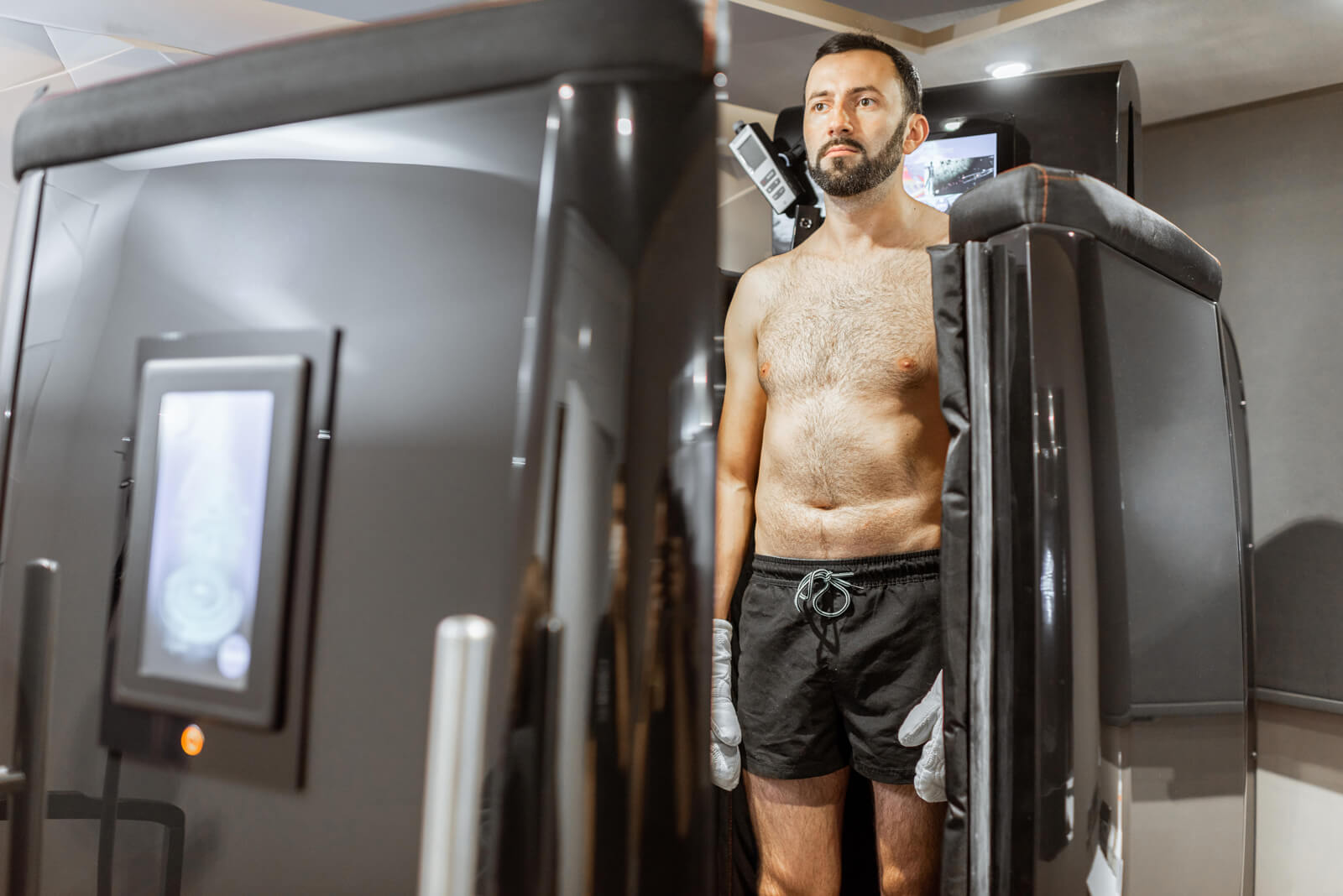According to the Centers for Disease Control and Prevention’s 2017 National Diabetes Statistics Report, over 87% of adults who have diabetes are either overweight or obese. However, the connection between diabetes and weight is not entirely understood. What is known, however, is that losing weight can lessen the likelihood of developing diabetes and can help manage the disease’s complications.
What, exactly, is diabetes?
Much of the food a person consumes is converted into glucose (sugar), which the body uses for energy. The pancreas generates the hormone insulin to help cells metabolize glucose. Diabetes is a chronic disease that impairs the body’s ability to produce or respond to insulin. When the body can no longer properly metabolize carbohydrates, glucose levels are elevated in blood and urine. As these sugars build up, serious problems can occur, including severe hypoglycemia, also known as insulin shock. Diabetes-related complications include heart disease, blindness, kidney failure, or in extreme cases, amputation of lower extremities.
Who is at risk for diabetes?
There are two types of diabetes. Type 1 diabetes, often developed during childhood, damages the pancreas, resulting in an inability to produce insulin. Type 2 diabetes, or “adult-onset diabetes,” generally affects people over 45 who are overweight. People with type 2 diabetes are unable to produce enough insulin, which causes sugar to build up in the bloodstream. Common risk factors for type 2 diabetes include: a family history of diabetes, low activity levels, gestational diabetes (diabetes that develops during pregnancy), poor diet, or carrying excess body weight, especially around the midsection.
How can losing weight help?
For those at risk of type 2 diabetes, losing weight can prevent or delay the onset of the disease. For those who are currently diagnosed as type 2 diabetics, losing weight and increasing the level of physical activity can help control blood sugar and prevent or delay the potential for health complications listed above. According to a study sponsored by National Institute of Health, losing 5-7% body weight and participating in moderately intense exercise for 150 minutes weekly can have a positive effect on preventing or delaying the onset of type 2 diabetes. Losing weight and increasing exercise can also help reduce the amount of diabetes medicine required to stay healthy.
Learn why an integrative approach is the key to healthy weight loss.
The journey toward weight loss and controlling diabetes
Health conditions like diabetes should not prevent anyone from starting a weight loss program. At the VeraVia weight loss resort, we see many clients with diabetes and other chronic medical issues. In fact, conditions like diabetes should signal that it’s time to make a change. Working closely with our dietitians and personal trainers, our medical staff designs achievable personalized exercise programs and nutrition plans to achieve healthy weight loss and help manage diseases like diabetes. Change doesn’t happen overnight. However, devoting time to focus specifically on wellness can establish an achievable trajectory and the right mindset for change.
Learn more about the cost of neglecting your overall wellness.
Diabetes is a serious but manageable disease. If you are at risk for diabetes or have already been diagnosed, speak with your doctor before beginning any exercise plan or making any major changes to your diet.






